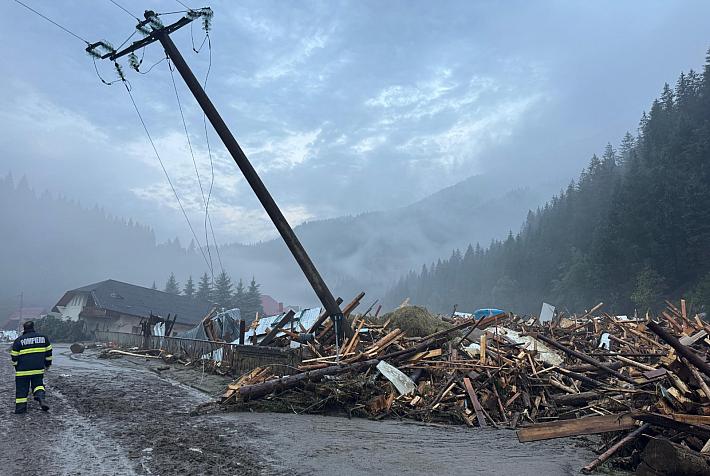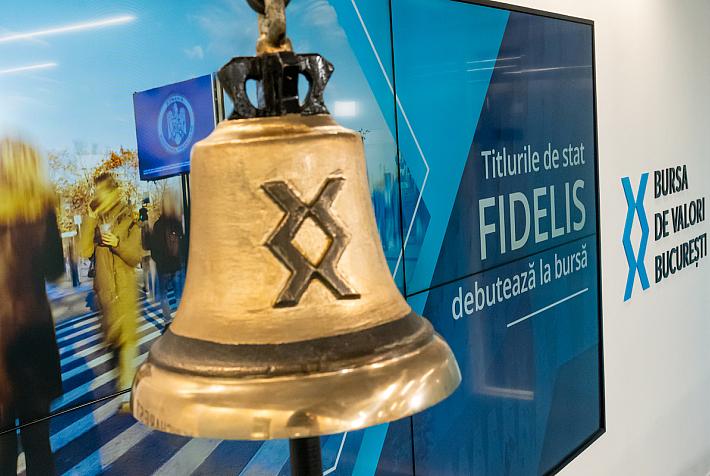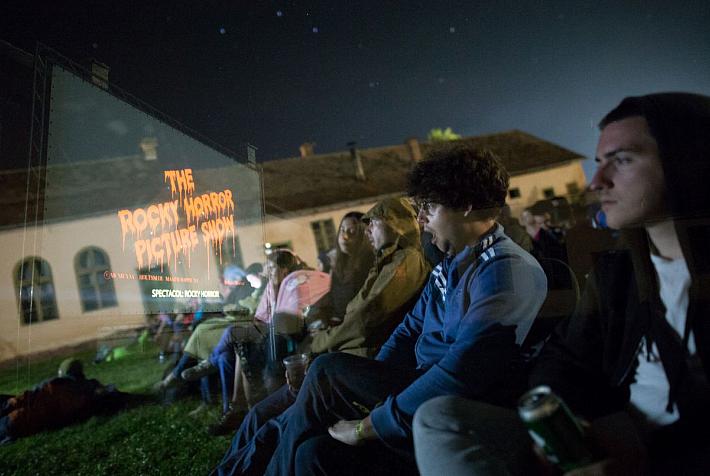Update: Romanian SocDem leader investigated for abuse of office in new case

Liviu Dragnea, the leader of the ruling Social Democrat Party (PSD), is being investigated by the National Anticorruption Directorate (DNA) for establishing an organized crime group, abuse of office, and embezzlement crimes during the time he was the president of the Teleorman County Council.
This is the third case involving Dragnea, after a suspended prison sentence for having tempered with a 2009 referendum and another abuse of office and forgery one, where the trial is set to start again from the very beginning.
According to the anticorruption prosecutors, Dragnea started a crime group that is still active and encompasses members of the public administration and businessmen. The group was started in 2001 with the main purpose of fraudulently obtaining important sums from contracts financed with national or EU funds. The sums were obtained by embezzling EU funds, tax evasion, money laundering, and the use of privileged information or allowing unauthorized persons to access the information, the prosecutors say.
Update: In his turn, Liviu Dragnea rejected all DNA accusations. He said he never established a crime group and maintained the statement that he has no connections with Tel Drum. “I categorically reject all accusations. What I have been saying for years, meaning I have no financial connections with this company, I maintain,” Dragnea said, quoted by News.ro.
“I never established a crime group. Never. This is why I am very curious to learn what crime group I established in 2001. Any political appointment is done by any party through a certain procedure. I did not favor anybody,” he said.
Eight others are prosecuted in the same case for similar crimes. Many of them are working for Teleorman County Council or are associated with Tel Drum, a company Dragnea has repeatedly denied any connection to. The DNA started the prosecution of local construction company Tel Drum, as well as company representatives Petre Pitis and Mircea Visan, in a EU funds fraud case this August.
The organized group worked in several stages, the prosecutors say.
At first, the Tel Drum company was privatized and its ownership was transferred from the Teleorman County Council to the “realm of influence and control” of Liviu Dragnea, through various intermediary persons. Next, the Teleorman County Council acquired from its own funds and with the help of a bank loan an equipment worth 30 billion old lei. The equipment was then rented and handed over to Tel Drum after the company had been privatized.
In between 2002 and 2005, Tel Drum won the contract to perform the rehabilitation and maintenance of the road infrastructure administered by the Teleorman County Council without a competitive bid process. A series of companies controlled by the members of the crime group intervened in public contracts awarding procedures and were used in the setting up of a commercial and financial ring that would have ensured the transfer of money benefits to the members of the group, the DNA argues.
The prosecutors are also looking into how Tel Drum won contracts financed with public funds through the influence of the members of the crime group, the use of privileged information, and through the use of restrictive conditions in the task books of the bids organized. They are also investigating how financing from the national budget and from the EU budget was obtained preferentially and fraudulently. At the same time, the prosecutors say the members of the crime group and the companies these controlled made donations to the PSD.
According to the DNA, in 2008, Liviu Dragnea, with the help of Mugur Bățăuș and Victor Piperea, submitted false documents to the Regional Development Agency ADR Sud Muntenia so that Tel Drum was awarded a contract for the rehabilitation of 55 km of a Teleorman country road. The contract was worth RON 114.2 million (some EUR 25 million), out of which EUR 13.7 million were EU funds. Data in the technical project was forged and replaced, a signature of a technical designer was forged, and a compulsory condition was inserted in the task book so as to ensure that Tel Drum won the bid. In this instance, the public budget suffered a damage of RON 25.6 million (EUR 5.5 million), the prosecutors say.
Furthermore, in 2009, Liviu Dragnea, with the help of Mugur Bățăuș and Marin Predescu, submitted false documents to ADR Sud Muntenia so that Tel Drum won a contract for the rehabilitation of a 50 km county road. The contract was worth RON 62 million (EUR 13.4 million), out of which EUR 6.9 came from EU funds. The prosecutors estimate that the damages in this case amount to RON 5.7 million (EUR 1.2 million).
The DNA said the case was opened based on a notification from the European Commission Antifraud Office OLAF. The notification concerned a suspicion of several crimes, including one related to the illegal use of false documents to obtain EU funding for the renovation of several county roads.
Earlier this year, in September, the DNA announced it was investigating the Regional Development Minister and Deputy PM Sevil Shhaideh for abuse of office, in a case linking to Tel Drum. The anticorruption prosecutors are investigating the circumstances in which an island on the Danube was transferred from the state company “Apele Romane” to the administration of Teleorman County Council and then leased to Tel Drum.
Liviu Dragnea was heard by the anticorruption prosecutors on Monday, November 13. Upon his arrival at the DNA headquarters, the PSD leader was met by some 50 party members, who came to express their support for their colleague.
Among those who came to support the PSD leader were the deputy PM Paul Stănescu, PSD secretary general Marian Neacşu, PSD deputy Claudiu Manda, also the head of the parliament’s committee on the supervision of the Romanian Information Service SRI, and PSD deputy Andreea Cosma, the daughter of the former head of the Prahova County Council Mircea Cosma, News.ro reported.
Dragnea had announced a day before that he would be heard by the DNA but he did not mention in which case. The PSD leader did not make any comments after exiting the hearings.
The current governing coalition attempted to change the Criminal Code and Criminal Procedure Code and set a RON 200,000 limit for abuse of office by emergency ordinance at the beginning of this year. The initiative sparked the biggest protests Romania has seen in the last two decades and the Government backed down from passing the bill to the Parliament. Former justice minister Florin Iordache recently said that the Parliament may set a “modest threshold” for abuse of office.
The Parliament special committee for justice is currently analyzing two options for abuse of office, namely setting a limit under which abuse of office is not considered a criminal offense or redefining it all together.
Controversial Romanian construction company investigated for EU funds fraud
Romanian prosecutors confirm new probe involving majority leader after journalistic investigation
editor@romania-insider.com











